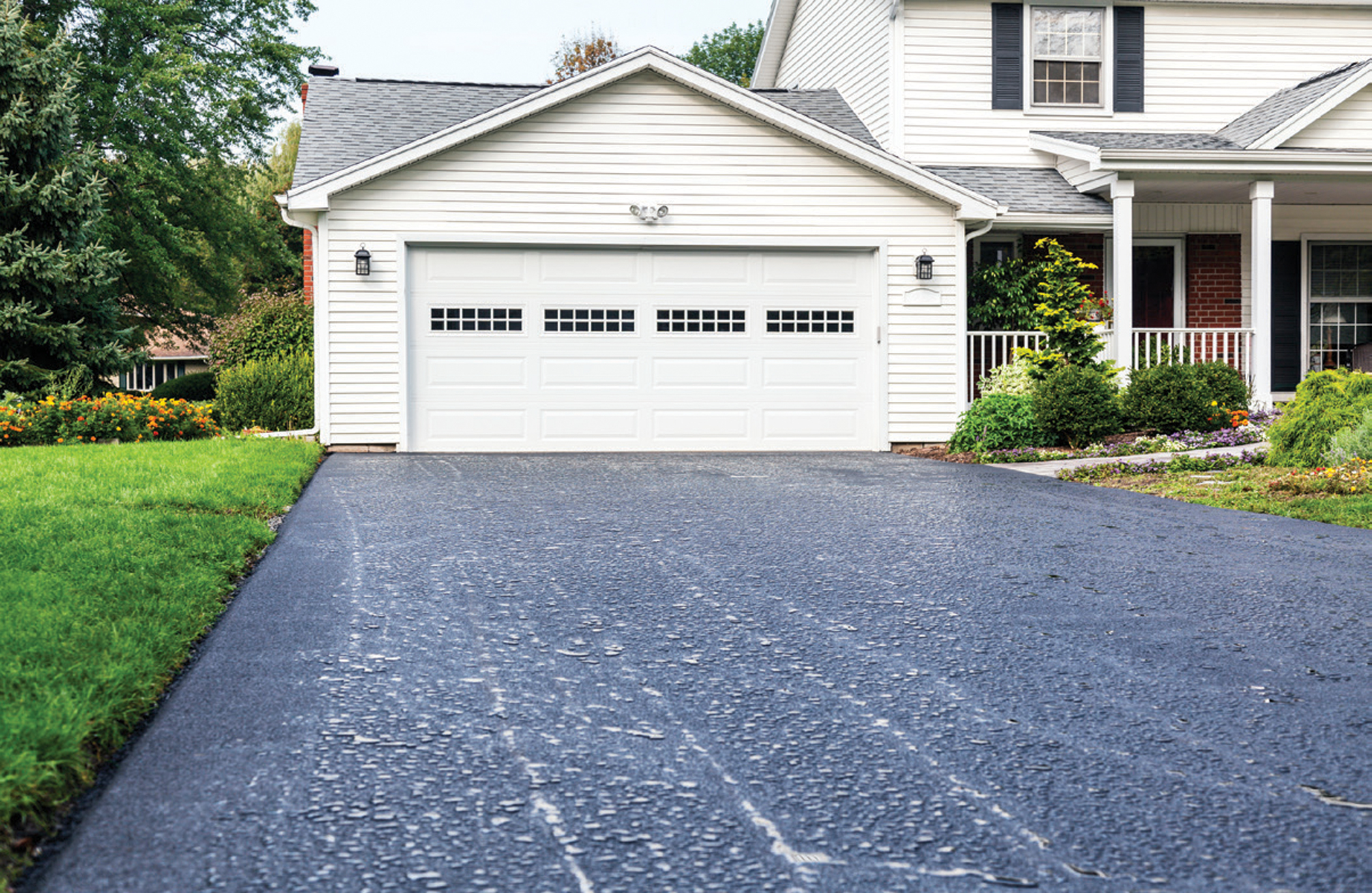Improve Durability with Cold Mix Asphalt: Expert Sealing Solutions
Improve Durability with Cold Mix Asphalt: Expert Sealing Solutions
Blog Article
Cold Mix Asphalt Vs. Hot Mix Asphalt: Which Is Right for You?

Composition Distinctions
Cold mix and hot mix asphalts differ significantly in their structure, with distinctive characteristics that affect their efficiency and applications. Cold mix asphalt is produced by emulsifying the asphalt binder with water and an emulsifying agent prior to blending it with accumulation. This method enables for the asphalt to be practical at lower temperature levels, making it optimal for short-lived repairs and for usage in colder weather. Warm mix asphalt, on the various other hand, is made at high temperatures, usually in between 300-350 ° F, which aids to attain better compaction and a more resilient end product. The warm mix asphalt manufacturing procedure entails warming the accumulation and asphalt binder separately before combining them at the asphalt plant.
Moreover, cool mix asphalt tends to be less dense and a lot more versatile than warm mix asphalt. This flexibility makes it better fit for areas with higher levels of movement, such as driveways or roadways with hefty web traffic. On the other hand, hot mix asphalt is known for its high resilience and resistance to rutting and splitting, making it a preferred option for highways and high-traffic roads where longevity is important.
Setup Process Differences
The process of mounting cold mix and hot mix asphalt shows significant differences in their needs and procedures. In contrast, hot mix asphalt requires an extra elaborate setup process. Due to the home heating needs, hot mix asphalt setups are commonly carried out by professionals with specific devices, making certain a more structurally sound and long-term outcome.
Longevity and Longevity Elements
When considering asphalt alternatives, toughness and durability are essential factors to review for enduring pavement efficiency. Hot mix asphalt (HMA) is recognized for its outstanding sturdiness and longevity.
In regards to longevity, HMA commonly outshines CMA due to its premium stamina and resistance residential or commercial properties. HMA pavements have a longer service life, needing less regular repairs and upkeep, which can translate to cost financial savings in the future. Additionally, HMA sidewalks are more conveniently customizable to satisfy specific job needs, even more boosting their resilience.
Price Considerations
Thinking about the economic implications is a crucial element when reviewing the choice between warm mix asphalt (HMA) and cool mix asphalt (CMA) for pavement jobs. While the first price of hot mix asphalt is normally greater than that of cold mix asphalt, HMA typically supplies an extra affordable option over time as a result of its exceptional toughness and longevity. HMA is understood for its capacity to withstand heavy web traffic tons and rough weather problems, minimizing the demand for frequent fixings and maintenance. On the various other hand, cool mix asphalt is extra budget friendly upfront but may require more frequent patching and resurfacing, leading to higher upkeep prices with time.
Along with material costs, it's vital to take into consideration the costs connected with installation and upkeep when contrasting HMA and CMA. HMA normally requires specialized tools and competent labor for proper installment, which can affect overall task expenses. Conversely, CMA is less complicated to function with and can frequently be used utilizing simpler strategies, potentially decreasing setup expenses. Inevitably, the decision in between HMA and CMA ought to take right into account not just the initial expense but additionally the lasting economic implications to establish one of the most affordable option for the details pavement job.
Environmental Impact Comparison
Contrast of the ecological impacts between hot mix asphalt (HMA) and cool mix asphalt (CMA) discloses distinct differences in sustainability methods. HMA manufacturing calls for heats, resulting in boosted power consumption and greenhouse gas emissions. The process likewise releases unpredictable natural substances (VOCs) and hazardous air pollutants (HAPs) into the environment. In comparison, CMA is generated and used at reduced temperature levels, reducing energy usage and discharges dramatically. The reduced manufacturing temperature levels of CMA result in decreased fuel consumption and lower levels of CO2 discharges, making it a more eco-friendly option.
Furthermore, using CMA typically includes recycling existing asphalt pavement, advertising resource preservation and minimizing the amount of waste sent to landfills. This reusing element even more enhances the sustainability of CMA contrasted to HMA. On the whole, when taking into consideration the environmental impact, CMA becomes an extra eco sustainable choice as a result of its Continued reduced energy needs, lowered discharges, and the potential for reusing existing products. By choosing CMA over HMA, roadway building and construction jobs can contribute favorably to environmental conservation initiatives.
Conclusion
In conclusion, the option in between cool mix asphalt (CMA) and warm mix asphalt (HMA) depends on numerous factors such as structure, installment procedure, durability, durability, price, and environmental effect. asphalt repair. While CMA offers a cost-effective and quick option for small repairs, HMA guarantees remarkable longevity and longevity for rush hour locations. Take into consideration these factors thoroughly to identify which kind of asphalt is the ideal selection for your paving requires

Thinking about the economic ramifications is a critical element when evaluating the option in between hot mix asphalt (HMA) and cool mix asphalt (CMA) for pavement tasks. While the go right here initial expense of hot mix asphalt is commonly higher than that of cold mix asphalt, HMA typically provides an extra cost-efficient solution in the long run due to its remarkable durability and durability. asphalt repair.Contrast of the environmental impacts between warm mix asphalt (HMA) and cool mix asphalt (CMA) reveals distinct differences in sustainability methods.In verdict, the selection in between cold mix asphalt (CMA) and hot mix asphalt (HMA) depends on different aspects such as make-up, installation process, toughness, longevity, price, and ecological influence
Report this page